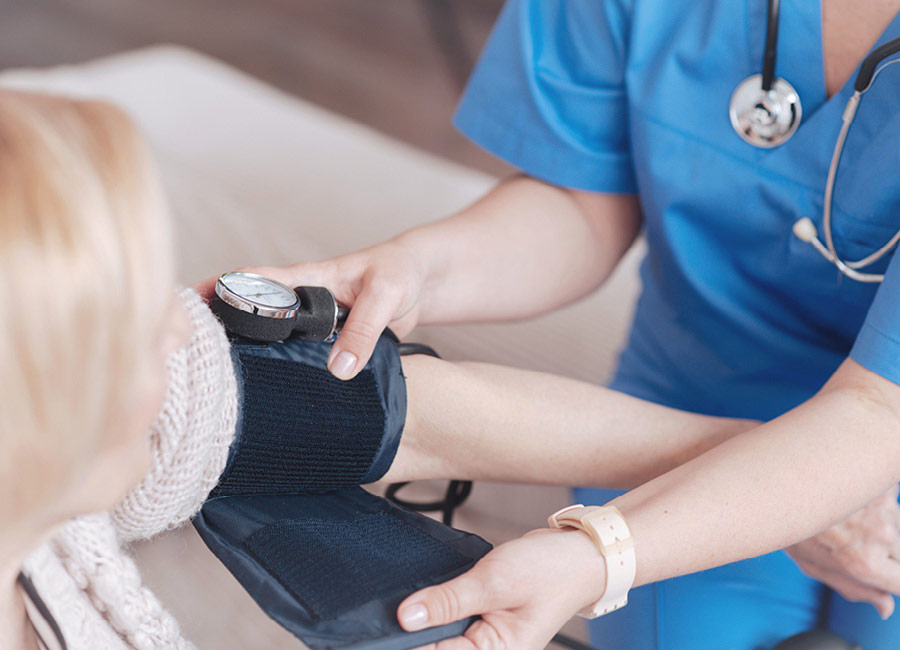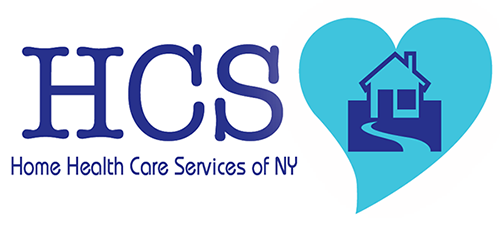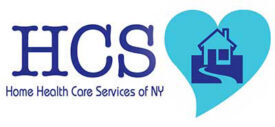

Heart Disease
At HCS Home Care, our home health aides are trained to care for patients with the chronic conditions associated with heart disease. When managing heart disease becomes too difficult to manage, our care professionals can provide the kind of support and assistance you deserve.
Our aids can help you live more comfortably by providing the following services:
- Personal care, including bathing, dressing, and taking care of other areas of basic cleanliness
- Introduction of a personal emergency response system at home
- If need be, ambulatory service, such as transportation and an escort to and from doctors offices, which may be necessary
- Medication management to make certain you are taking the right medications at the right time, therefore preventing potentially dangerous drug interactions or side effects
- Money management, helping with tasks like paying bills
- Help with finding financial or insurance benefits, and dealing with legal issues such as power of attorney or advance directives
- Scheduling of doctors’ appointments and other necessary meetings
- Arrangements for getting medical equipment and other supplies for home use
- Companionship or respite care, which may allow loved ones a needed break
Our professionals include:
- Registered nurses who can work with your care provider to manage at-home care. a nurse will evaluate your needs as they relate to heart disease and any other conditions you may have) to develop a personalized plan of care for taking your heart medication, monitoring your blood pressure and cholesterol, and managing stress and your lifestyle.
- Certified home-health aides who can provide personal care (such as bathing or dressing). They can also shop for and prepare heart-healthy meals that may be prescribed by a dietitian to help you manage your weight and keep your and blood pressure stable, as well as assist with laundry and household chores.
- Home attendants (a.k.a., personal care workers) who can help with basic activities of daily living—bathing, dressing, grooming, making yourself more comfortable at home (if you have swelling in the abdomen or extremities or shortness of breath), walking, eating, shopping, paying bills, doing laundry, and taking you to medical appointments.
- Licensed social workers who can assess your physical, functional, emotional, environmental, and social needs and offer strategies and resources for support.
- Registered dietitians who will evaluate your nutritional needs, develop a healthy low-sodium, low-fat meal plan, and teach you how to successfully follow dietary strategies that will help you control your weight and your heart disease risk factors. If you have, or develop, conditions that can complicate the management of heart disease, such as high blood pressure, diabetes, or kidney disease, additional dietary adjustments (particularly when it comes to sodium, protein, fat, carbohydrate, or alcohol intake) may be necessary
American Heart Association
1-800-AHA-USA-1 (or 1-800-242-8721)
www.americanheart.org
The Centers for Disease Control and Prevention
Division for Heart Disease and Stroke Prevention
1-770-488-2424
www.cdc.gov/heartdisease/
National Heart, Lung, and Blood Institute (NHLBI)
301-592-8573
www.nhlbi.nih.gov/
U.S. Department of Health & Human Services
National Women’s Health Information Center 1-800-994-9662
www.4woman.gov/faq/heartdis.htm
American Dietetic Association
1-800-877-1600
www.eatright.org

